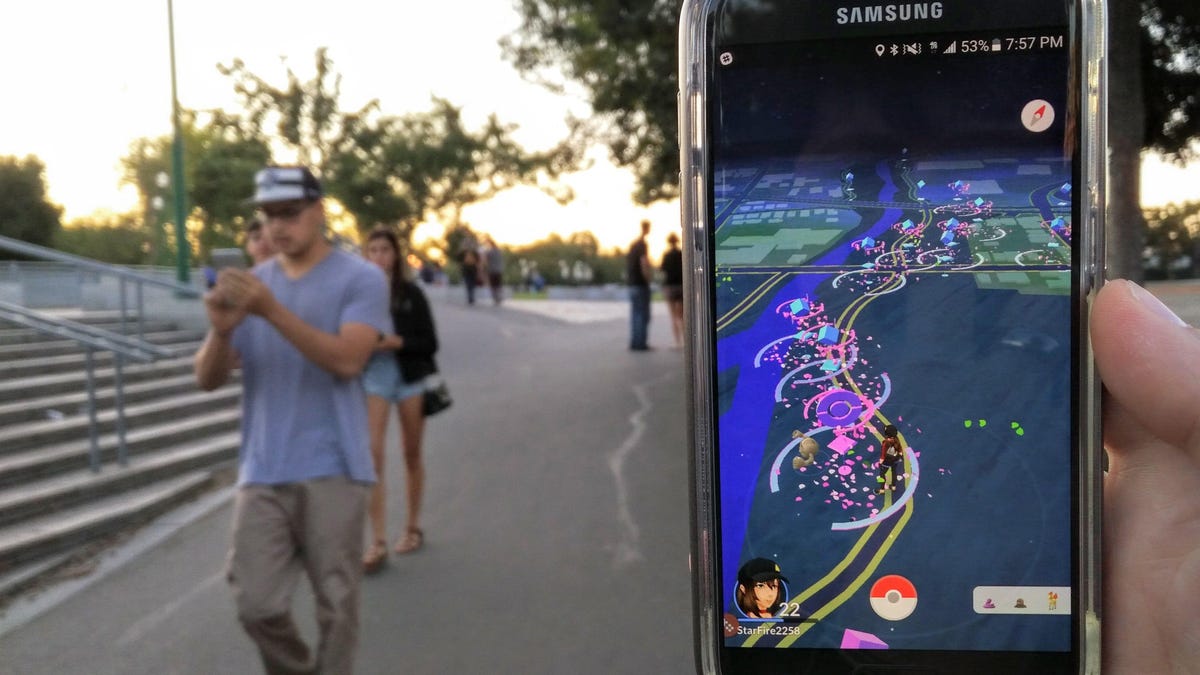Pokemon Go is launching in China, but the Chinese don’t care
Almost 18 months after its launch, Niantic told the Financial Times it will bring Pokemon Go to China, although it’s still unclear when the tiny monsters will be seen running on Chinese streets.

Niantic is launching Pokemon Go in China, but the Chinese really don't care anymore, according to comments online.
It's been more than a year since Niantic let Pokemon run loose on our streets, but it's only now that the Chinese will get to catch 'em all in China -- and it seems to have been too late.
The Chinese are taking to Weibo, a local Twitter-esque platform, to express their disinterest in Pokemon Go following Niantic's confirmation to the Financial Times that it is working with Chinese internet company, NetEase to bring the location-based monster-hunting game to China. A release date, however, wasn't revealed.
Responses on Weibo towards the launch have been lukewarm, with many users commenting that they have lost interest since the game, now 18 months old, is now "outdated." Several are also upset, accusing that the company is "dying" and only launching in China now so it can "make money from the Chinese."
Pokemon Go is an AR game that turns players into Pokemon trainers, letting you see and catch pocket monsters through your phone as though they're in the real world. It topped global charts when it first launched in July 2016, and a year later, it still had 65 million players -- both young and old -- honing their hunting skills every month. The game got people so hooked that it eventually sparked safety concerns because people weren't paying attention to their surroundings when they played.
China has one of the largest gaming populations worldwide, with researchers finding that there are more gamers in the country than there are people in the United States. The gaming culture in China is so strong that there have been concern raised about gaming addiction, which prompted Chinese tech giant, Tencent, to restrict playtime for children under 12 playing its hit title, Honour of Kings.
But it's not easy for game developers to bring their games into the country, unless they work with local partners. Nvidia, for example, said last month it struck a deal with Nintendo and Chinese internet company iQiyi to bring GameCube and Wii games such as The Legend of Zelda: Twilight Princess and New Super Mario Bros Wii to China for the first time. And for NetEase, it has helped to bring in titles like World of Warcraft, Overwatch and a Chinese version of Minecraft by collaborating with Blizzard and Microsoft.
The case is especially so if it involves AR. Last year, Chinese authorities said they won't license AR games due to concerns about the potential security risks that come with such games that could put the country in danger and compromise user privacy. Pokemon Go, in particular, relies on Google services which are banned in China, such as Maps. With that said, just days after Pokemon Go's release, Chinese game developers rolled out a game called "City Spirit Go" with similar gameplay, which became the most popular app on Apple's iOS store in China. The game, however, doesn't use a phone camera to create an augmented reality.
CNET has reached out to NetEase and Niantic for comments.
iHate: CNET looks at how intolerance is taking over the internet.
Logging Out: Welcome to the crossroads of online life and the afterlife.

